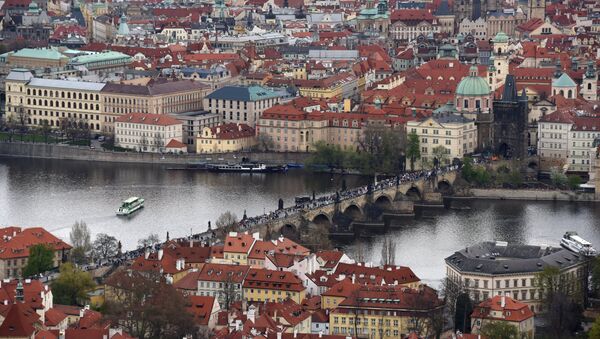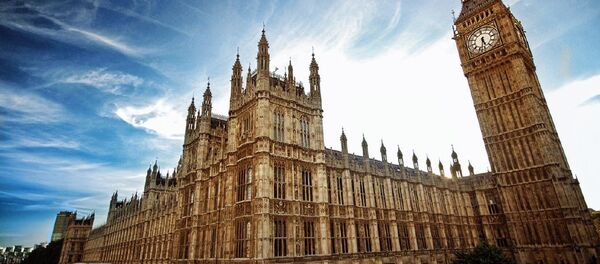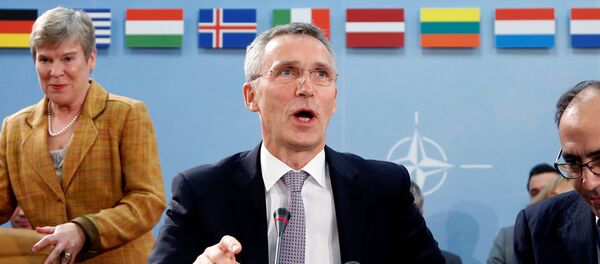According to The Guardian, the Center Against Terrorism and Hybrid Threats would be operating since January 1 and would be aimed at preventing interference into the October general elections as the Czech authorities considered that the level of online disinformation was currently rising.
Prague considered that Russia was behind inaccurate reports and fake news, though no proof was ever provided.
"The key goal of Russian propaganda in the Czech Republic is to sow doubts into the minds of the people that democracy is the best system to organise a country, to build negative images of the European Union and Nato, and [to] discourage people from participation in the democratic processes," Tomas Prouza, the Czech government’s state secretary for European affairs, was quoted as saying by the Guardian.
The European authorities have repeatedly accused Moscow of propaganda, while Russia denies the accusations.
In November, in particular, the European Parliament voted in favor of a resolution on countering Russian media. The European parliament's resolution said that Sputnik and RT posed a danger to European unity and called for extra European Commission funding for counterpropaganda projects.





